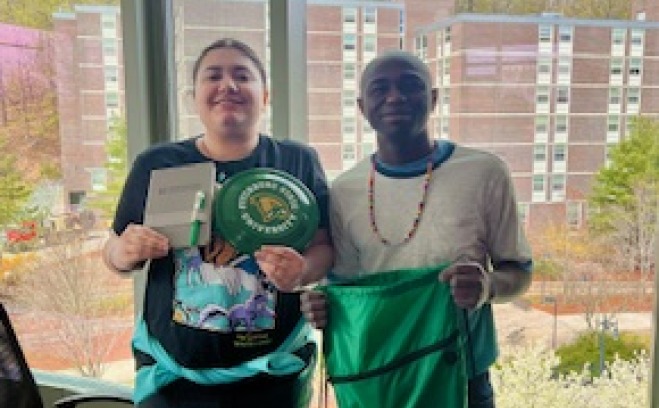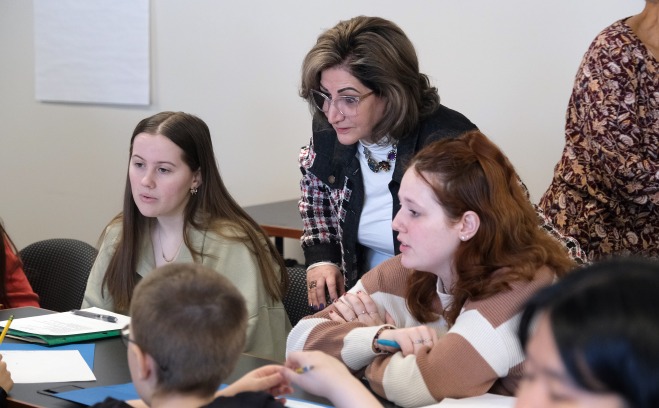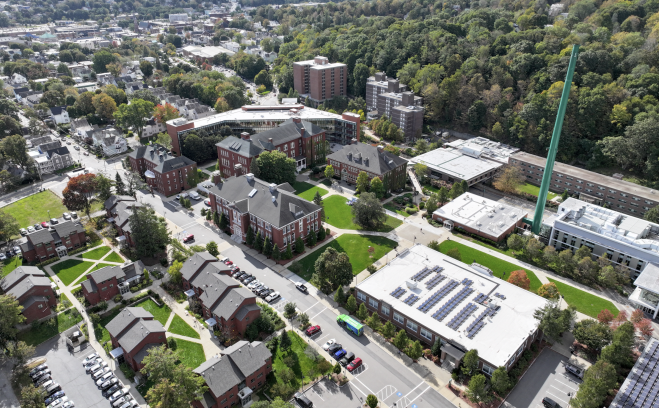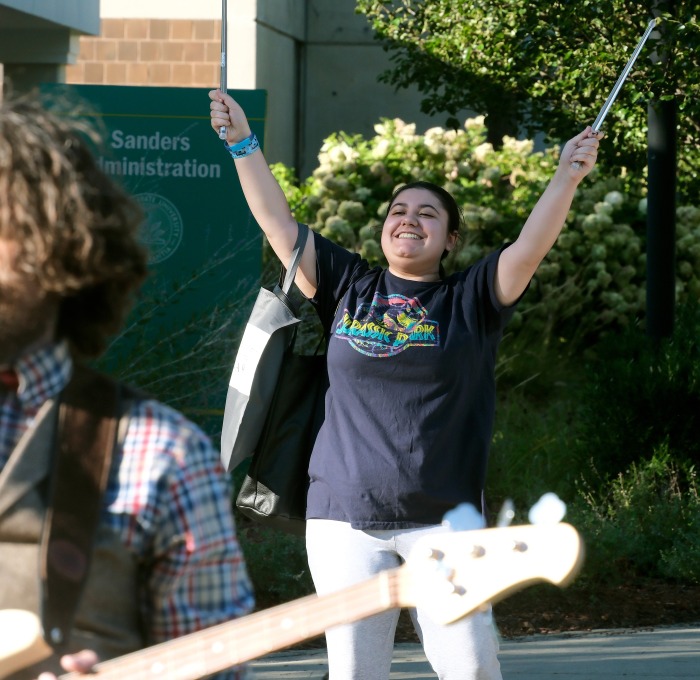
Program Overview
MAIPSE provides opportunities for people with severe disabilities who are 18 and over to attend public colleges and universities in Massachusetts. All public colleges and universities in Massachusetts must have the resources available to support students with intellectual disabilities on their campuses. MAIPSE used to be called MAICEI (the Massachusetts Inclusive Concurrent Enrollment Initiative). With MAIPSE, people with intellectual disabilities, autism, and other developmental disabilities who have exited school without a diploma or meet the criteria to include college in their transition services, can participate in college as non-matriculated students. The Department of Higher Education and the Institute for Community Inclusion’s Think College provide additional consultation and support. The state MAIPSE budget makes it possible to support more public colleges and universities in Massachusetts to apply for funding.
Quick stats about MAIPSE since initiative conception in 2007.
- 2000+ students enrolled since beginning
- 300 similar programs nationwide
- 21 campuses in MA currently enrolling students
Fill out this form to learn more!
Admission Qualifications
Learn more about what qualifies a student to apply for a MAIPSE initiative and continue their education on a college campus.
Program Staff
Meet your Fitchburg State staff and how they contribute to PIE at Fitchburg State.
College Experience
What do the students get to take advantage of while attending college at Fitchburg State.
Admission Process
Students eligible for participation in Massachusetts Inclusive Postsecondary Education include persons who:
- Are 18 or 19 years old and have: (A) a severe intellectual disability, severe autism spectrum disorder or other severe developmental disability; and (B) the Individualized Education Program team determined they are eligible for transition services.
- Are 20 or 21 years old and have: (A) a severe intellectual disability, severe autism spectrum disorder or other severe developmental disability; and (B) not received a high school diploma.
- Students with severe intellectual disabilities, severe autism spectrum disorders or other severe developmental disabilities over the age of 21 who have not received a high school diploma. For persons over the age of 21 public institutions of higher education may limit participation to those who receive support from the Department of Developmental Services, the MassAbility, or other state agencies.
Other things to consider when applying for PIE at Fitchburg State:
- Arrange a campus tour through admissions
- Reach out to the Program Coordinator with your questions
- Communicate the student’s desire to consider higher education and continue their education experience to their transition program manager and/or state agency counselor(s).
- Program managers and/or state agency counselor(s) assist the student in completing the application process. (This includes a questionnaire, the most current IEP, the most recent psychological evaluation, and up to 3 letters of recommendation)
Program Staff
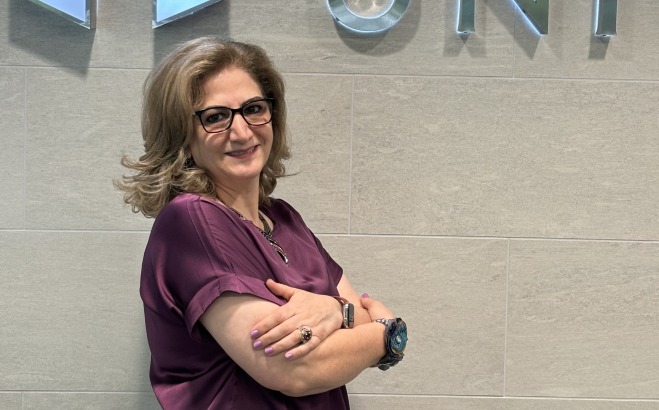
Mojdeh Bayat, Dean of Education, Director of PIE
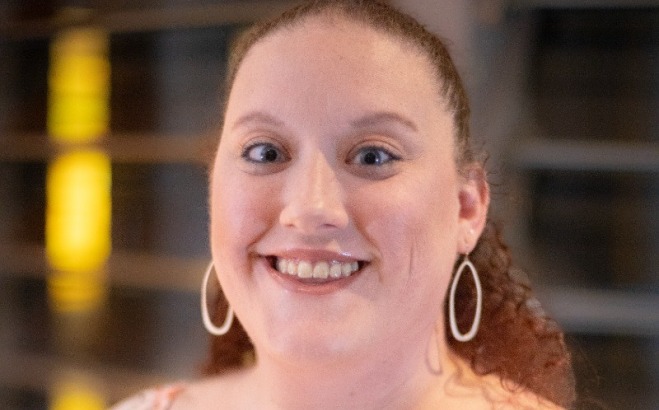
Rebekka Farquharson, Program Coordinator of PIE

Michael Lavoie, Educational Coach
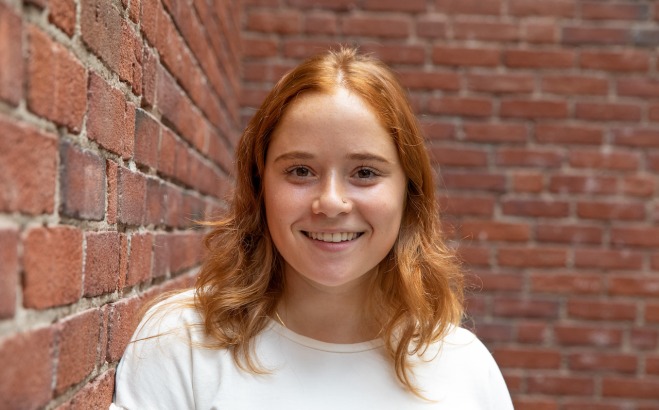
Sarah Lewis, Educational Coach
Student Participation
Students enrolled in both pathways have access to the same level of support in college. They are fully included in the campus community as they develop their skills in career-planning and employment, self-advocacy, and self-determination to support their postsecondary interests and activities.
For example, students participate in:
- Person-centered planning to determine a students' goals and needs
- College or university courses that support their goals
- Social activities on campus, including student organizations and other extracurricular activities of interest to the student
- Paid work and internships
- Independent travel
PIE at Fitchburg State also encourages other students to participate as Peer Coaches and Peer Mentors. These coaches/mentors begin as built-in relationships for the students to ask their peers questions about college life, courses, events and activities happening around campus, and someone closer in age to help as the students get acquainted and more comfortable in the Fitchburg State community. Peer Coaches are part of the Federal Work Study program on campus, while the Peer Mentors are volunteers. Our coaches are responsible for meeting with the students at least 1 hour a week while on campus and encouraging attendance at a minimum of one campus event a month. The social aspect of college is not based on a disability diagnosis, it is about mutual interest. We find the more students express their interests, explore topics that get them excited, the more involved and more they get out of their time on campus.
